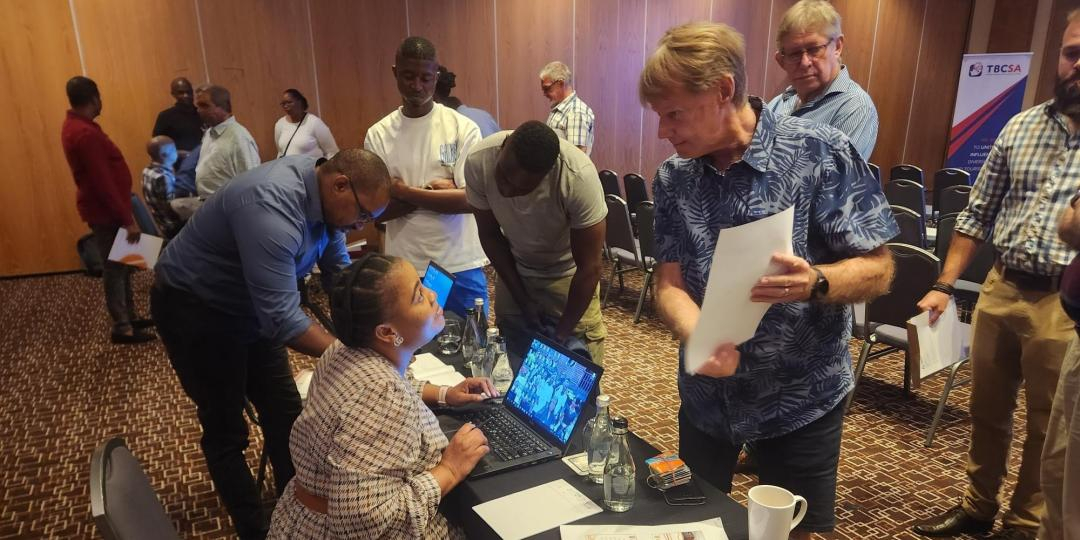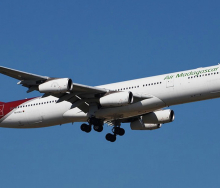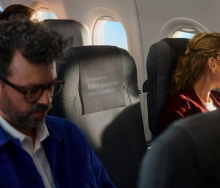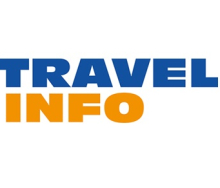Under mounting pressure from the tourism industry, the National Public Transport Regulator (NPTR) has told wheels operators that progress is being made in clearing the backlog of applications for tourist transport operator licences.
However, the officials and tourism industry leaders involved in the process have acknowledged that significant regulatory and legislative changes will be needed to ensure that the system operates optimally.
For the first time since the Department of Transport regulatory body was established in 2016 to monitor and oversee public transport and receive and decide on applications related to tourist transport applications, NPTR officials met directly for working sessions with wheel operators on Monday, February 27.
More than 70 operators, from as far afield as Mpumalanga, North West and KwaZulu-Natal arrived at the Hilton Sandton over the course of the all-day event, the first of a series of roadshows arranged by the Tourism Business Council of South Africa (TBCSA).
According to NPTR Deputy Director General Rejoice Nchabeleng, the NPTR had, over the course of nine meetings held between June 2022 and February 2023, adjudicated a total of 1 287 applications. Of these, 1 050 were approved, 188 were postponed pending further documentation, and 49 were refused. Just more than half (541) of the approved applications were uplifted, meaning that they had followed through to the issuing of licences.
“The total amount of approved applications is far less than the total number of uplifted operator licences. This is largely because operators are either requested to re-submit updated documents but do not comply; they have sold their vehicles and are no longer interested in the applications, or applications were lodged without vehicles and operators requesting additional time to purchase,” said Nchabeleng.
To accelerate the processing of applications, the NPTR’s staff complement has been expanded to include four designated officials and 27 support staff.
Tshifhiwa Tshivhengwa, CEO of the TBCSA, said the purpose of the roadshows was to provide solutions to the problems faced by tour operators in their application processes.
“There have been problems in the past and too much talk. Today we start the process of solving the problems and getting to work on the issues being faced by wheel operators to keep them on the road.”
Regulatory changes
In her presentation to gathered stakeholders, Nchabeleng outlined the onerous eight-stage procedure undertaken by the NPTR when processing applications. The process includes the receiving and lodging of applications, verification and capturing, referral to the NPTR Inspectorate and Department of Tourism, board meeting preparations, adjudication from the NPTR Committee and eventual approval or rejection.
Nchabeleng said there were currently processes in place to amend some of the regulations within the National Land Transport Act, and to redesign the National Land Transport Information System into an automated, paperless and online-enabled system for applications.
“There will be continuous engagements with the stakeholders and industry representatives to improve relations and maximise efficiency,” Nchabeleng added.
Tshivhengwa said the existing legislation had significant gaps that needed closing. “The legislation has some deficiencies and gaps, which have to be worked on by a different team than is here today. We are working on that as a separate issue that needs to be dealt with.”
While waiting for licences to be processed, some wheel operators have also faced challenges with law enforcement, being slapped with punishments ranging from hefty fines to impoundment of vehicles.
“Law enforcement on the road may have a different interpretation of what constitutes a legal operator. This is another critical issue that needs to be addressed separately. We need to make sure that the message trickles through to law enforcement,” said Tshivhengwa.
The working session with the NPTR gave operators some clarity on the status of their applications, some of which have been with the NPTR for almost a year.
Julius Le Roux, Owner and Director of Julnic Tours in Durban, said he had sought clarity on the status of three renewal applications that had been lodged with the NPTR in March last year.
“I received word that two of the applications are nearing adjudication. But the issue is that if the licences are granted, they would only be valid for two years, instead of the normal five years, because of the time it has taken for them to be processed. The NPTR said they had no record of the third application,” said Le Roux.
“We are pleased to see that the TBCSA is throwing its weight behind this issue and taking action to get things done. This is highly frustrating for us as members of the tourism industry.”














